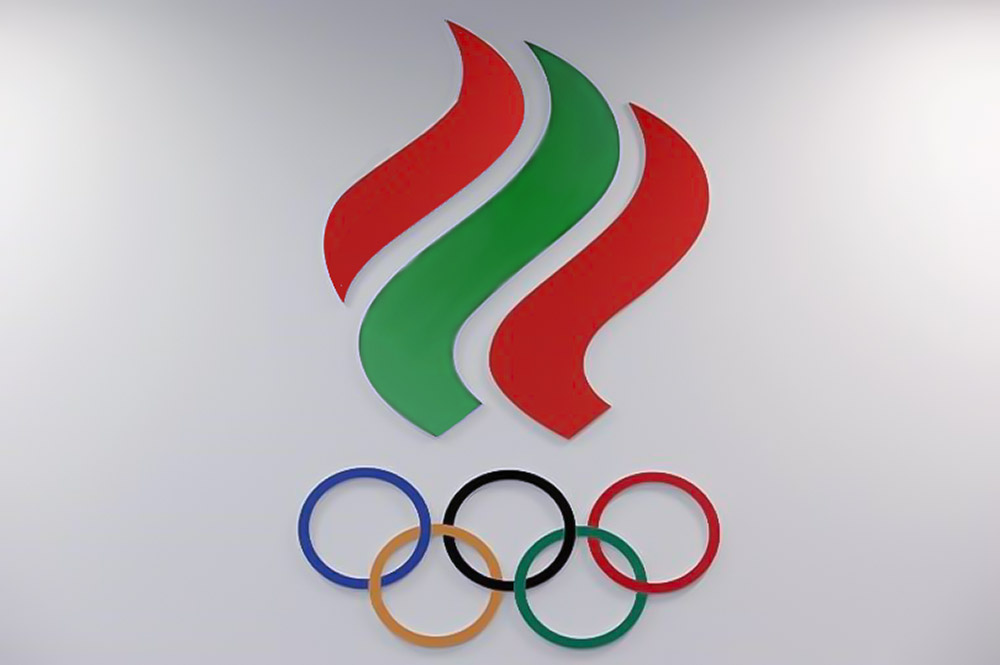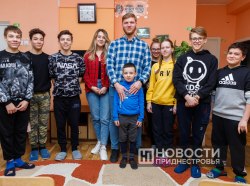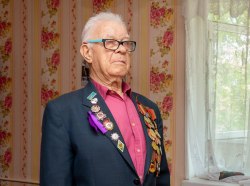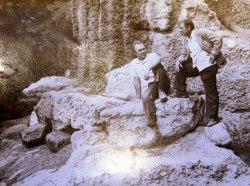International Olympic Day is celebrated every year on June 23. This holiday is dedicated to the largest and most prestigious international sports competitions.
Participation in the Games itself is already an achievement. A medal won at the Olympics, is considered the highest award in the career of any athlete. This is the pride of not only the athlete, but also his entire country.
The Pridnestrovian athletes added their names to the Olympic history. We would like to present to your attention 8 of our countrymen, who became the winners of the Olympics.
Larisa Popova, rowing
Montreal Olympic Games – 1976, silver
Moscow Olympic Games – 1980, gold
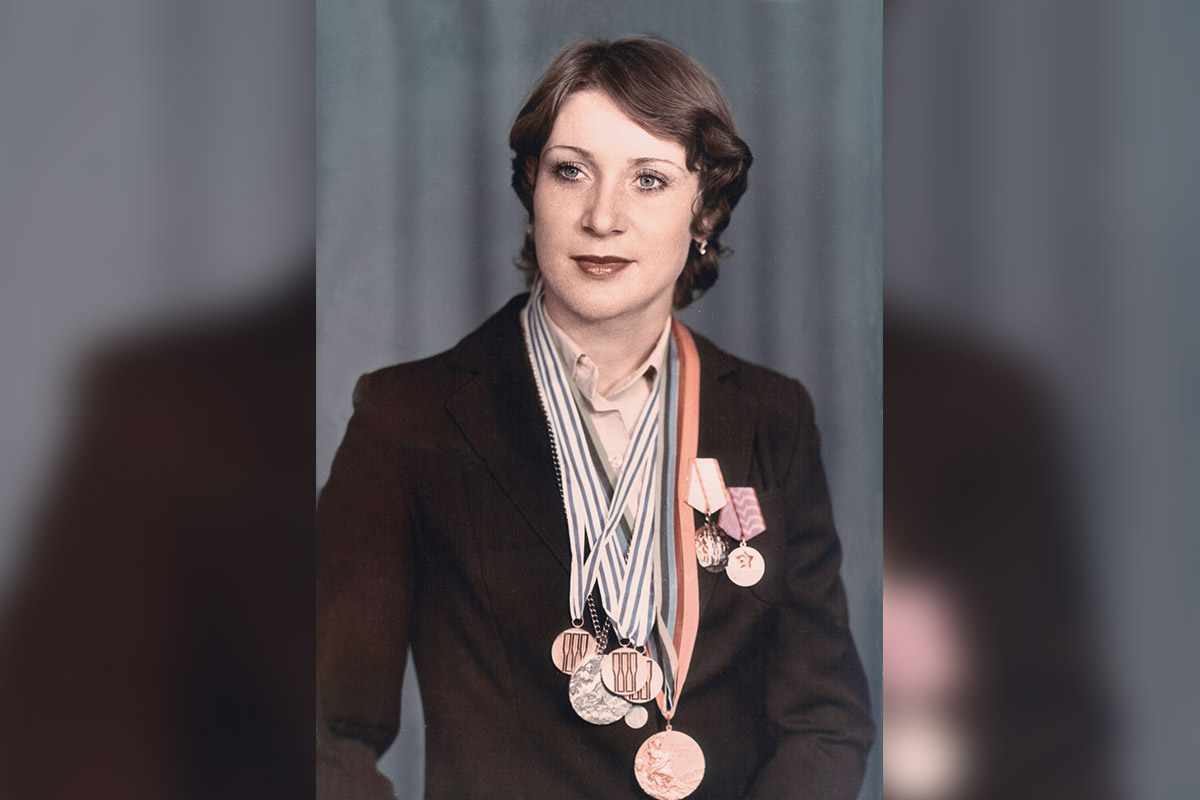
Larisa Popova was born in Tiraspol in 1957. Having tried many kinds of sports, at the age of 13 she chose rowing. Her childhood that she spent on the bank of the Dniester largely predetermined the choice of this particular sport, as the athlete herself notes.
According to Larisa Popova, she differed from her peers: she was taller, stronger and more hardworking. That is why, of all the applicants, she managed to take a place in the USSR national team. At the age of 16 Larisa Popova competed at the level of adult rowers at the Championship of the Soviet Union.
The athlete went to her first Olympics (Montreal, 1976) when she was only 19 years old. In the crew of the fours in Montreal, Larisa Popova won the silver medal.
About these competitions, she said that the races had been routine for her.
“I did not feel the responsibility that the Olympic Games impose on an athlete,” the athlete recalls.
For the next Olympic Games (Moscow, 1980), Larisa Popova was preparing to compete in a one-man boat. But 2.5 months before the Games, it was decided that she would compete in a two-men boat with Elena Khloptseva.
"We have completed the coaching plan in the preliminary race: we took the lead from the start and did not yield it to the finish line," the athlete recalls. Having won the preliminary race, her double immediately got to the final. Larisa Popova with her partner competed as confidently in the final race and became an Olympic champion.
“I would never forget that roar of grandstands from start to finish when we were rowing. Only later, during the victory parade, I realized that I had done something special, out of the ordinary. At the same time, I did not feel like a heroine, I just did my job well,” Larisa Popova recalls.
Yuri Filatov, rowing and canoeing
Olympics in Munich - 1972, gold
Montreal Olympics - 1976, gold

Yuri Filatov was born in 1948 in Ukraine, but in three years, he and his family moved to Dubossary, where he spent his childhood. There he began to engage in rowing. At the age of 15, the athlete began to move into the ranks of the best rowers: the list of victories increased, and his skills grew.
For victories in the championships of the MSSR among youths, Yuri was selected in the national team of the republic and successfully competed at All-Union competitions. In the future, success came during competitions among adults. In 1970 and 1972 he becomes a world champion, competing in the national team of the USSR.
From 1972 to 1976, Yuri Filatov headed the crew of the kayak-four, who had no equal: on the world championships they repeatedly became winners and silver medalists.
Before the 1972 Olympics in Munich, the four headed by Filatov underwent a string of defeats. But the team managed to get together and concentrate on preparation. Stroke Yuri Filatov raced brilliantly. The whole crew worked well-coordinated and clearly, the result of hard work was gold at a distance of 1000 m.
“The Olympic champion recalls that they raced with a fairly free move: “When we raced 500 meters, we won the boat half the hull, and 200 meters before the finish it was already clear that we would win: we were still strong enough, but no one caught up with us".
The four men star crew managed to repeat the same success after 4 years in Montreal, where they also became Olympic champions at a 1000 m distance.
The name of Yuri Filatov is included in the Book of Stars of World Sports.
Natalya Valeeva, archery
Barcelona Olympics - 1992, bronze

Natalya Valeeva was born in 1969 in the village of Ternovka, Slobodzeya district. She began to engage in archery in the Tiraspol school of rowing and shooting under the guidance of Anatoly and Valentina Tkachenko.
“I started from here and I am thankful for my first coaches for teaching me to be an athlete,” - this is how Natalya Valeeva recalls the beginning of her sports career in Tiraspol.
In her life there were gymnastics, athletics, trap shooting. But she really fell in love with archery from the first training, as Natalya herself noted. Athlete began to engage in this kind of sport when he was 12.
Despite the great success, Natalya nearly quit professional sport at the age of 20. At that time, she was finishing a sewing technical college and was ready to give up her career in favor of working in the light industry. But the USSR Championship changed everything in 1989: Natalya became the champion and this determined the further course of her life. After the victory, she was immediately offered a place in the national team of the Soviet Union.
Natalya Valeeva went to Barcelona in 1992 for her first Olympics. She competed as a member of the united team under the Olympic flag, without formally representing any country. Such a team was formed after the collapse of the Soviet Union. It consisted of athletes from the former Soviet republics. Then the athlete achieved her best result at the Olympics: she won two bronze medals in singles and groups.
After that, Natalya Valeeva participated in another 5 Olympics. In 1996, she represented Moldavia in Atlanta. But soon she married an athlete - the champion of Italy in archery Roberto Cocci. Since then, Natalya Valeeva has become a real gem of Italian sport.
In addition, the archer is a multiple world and European champion. She is one of the most titled athletes in the modern history of archery.
“We, athletes, suffer and train in order to get on the pedestal. And when you're the first, it's like a bonus for all the work you've done so far. At this moment you feel like a queen,” Natalya Valeeva says.
Igor Dobrovolsky, football
1988 Seoul Olympics, gold
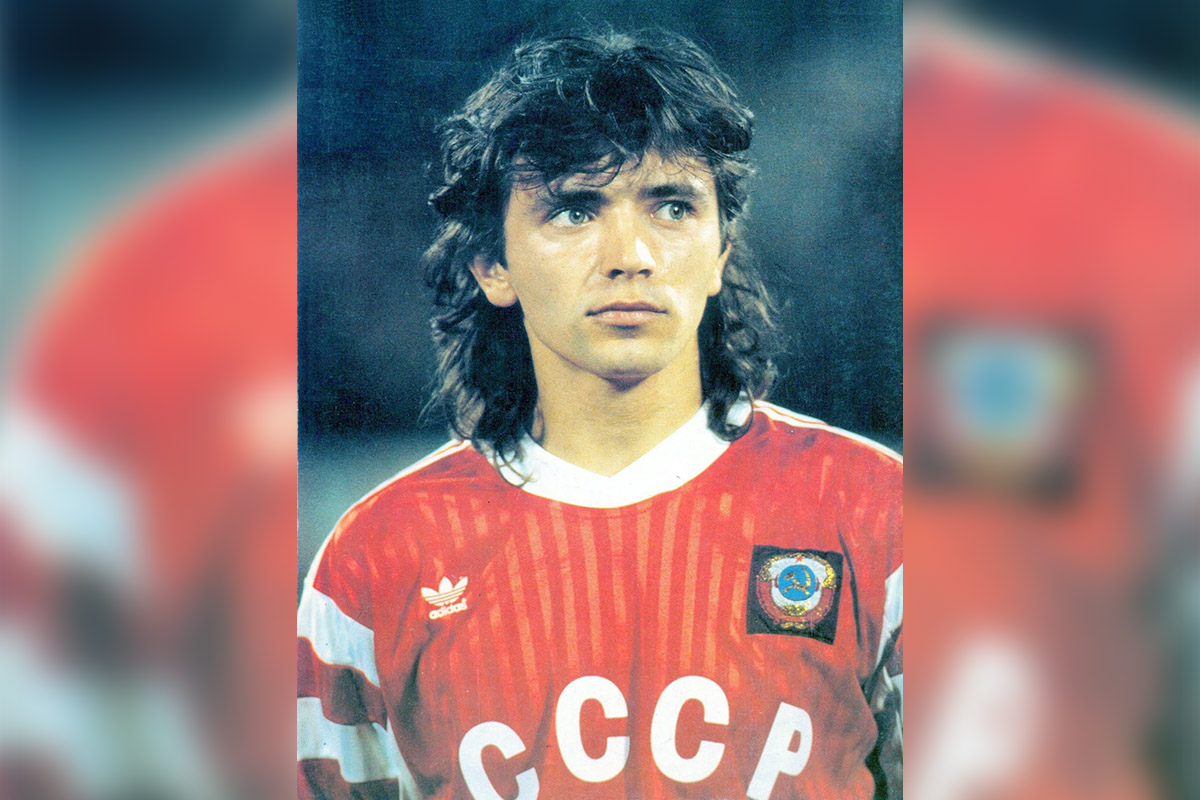
Igor Dobrovolsky was born in 1967 in the Odessa region. But as a child he moved to Pridnestrovie, where he began to play football. He is a graduate of Tiraspol sports school №4.
He began his professional career in 1984 in the leading team of the MSSR Nistru. His debut was so bright that a real hunt among leading clubs began for the young athlete. In the first season, Dobrovolsky scored 13 goals for Nistru, and in 1986 he was invited to the youth team of the USSR to Dynamo Moscow.
Soon, the football player began to play in the Olympic team of the Soviet Union, which won the Olympics in Seoul in 1988. These Games were the first to be allowed to compete for professional footballers, which dramatically increased the intensity of the fight.
Igor Dobrovolsky became the main hero of the Olympic tournament: in most games he scored with at least one goal. Of the three group matches, it ended up in a tie only with Korea. Meeting with Argentina and the United States ended in victory for the USSR, and in each of these games Dobrovolsky scored the ball to the opponent's goal.
In the semifinals, the footballer took part in all three goals against Italy, scoring one ball and giving two assists. And in the final in the match with Brazil he struck a penalty and evened the score. The opposing team turned out to be quite strong. It will just suffice to mention such famous Brazilian players as Romario and Bebeto.
90 minutes of the game was not enough to figure out who would become the Olympic champion. Everything was decided in extra time: in the 13th minute, the quarterback Yuri Savichev sent the winning goal against Brazil. Thus, the national team of the Soviet Union won the gold at the Olympics in Seoul. While Igor Dobrovolsky scored 8 goals for 14 matches at the Olympics.
“He never feared to play, he was never nervous,” Honored coach of the USSR and Ukraine, head coach of the USSR Olympic football team from 1986 to 1988 Anatoly Byshovets recalls.
Since childhood, his father taught Igor Dobrovolsky the main principle: “everyone pays for your foolishness”. This principle allowed him to become an exceptionally reliable football player who did not do anything recklessly to damage the team.
“The team trusted me 200%. If there was penalty, no one in the Olympic team tried to even approach the ball. I was calm, I was very sure that I would score,” Igor Dobrovolsky says.
Dobrovolsky's penalty kick and the best moments of the USSR Olympic final - Brazil are in this video.
Alexander Dyachenko, rowing and canoeing
London Olympic Games - 2012, gold

Alexander Dyachenko was born in 1990 in Kazakhstan. He began to engage in rowing when he was 6, but at the same time thought about a football career. In Tiraspol he began training at the age of 13 under the leadership of Yuri Tizula and Vyacheslav Sokolenko. In 2007 he was selected to the Russian national team and got the opportunity to take part in the largest international competitions.
Alexander started training in a double with his partner Yuri Postrigay in April 2012. Literally a month later, in May, at the German stage of the World Cup, they won an Olympic license and got the right to represent Russia in the main sports competitions of the world.
In just three months of hard training, athletes managed to reach their professional peak. In early August, the rowers confidently won gold at a distance of 200 m at the Olympic Games in London.
The 2012 Olympics was the first, which program included 200 m in two-men rowing (K-2 200 m). Thus, Alexander Dyachenko and Yuri Postrigay were the first Olympic champions in history of this discipline.
“For me, participation in the Olympics was already a success. And when we won gold, my dream came true. The most important thing here is not to stop at what has been achieved, to move forward all the time. The Olympic Games submitted to us, but we are ordinary people and we want to enjoy rowing and continue to win medals for Russia,” Alexander Dyachenko recalls.
The stunning victory of Alexander Dyachenko and Yuri Postrigay at the London Olympics, 2012
Alexey Korovashkov, rowing and canoeing
London Olympic Games - 2012, bronze
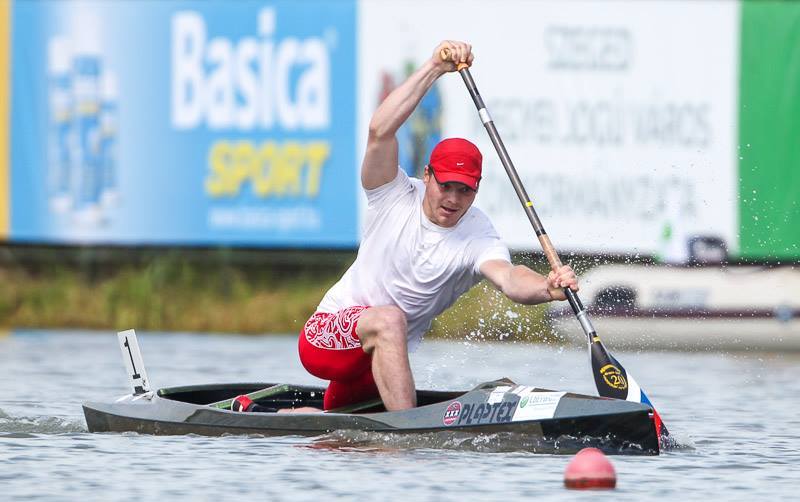
Alexey Korovashkov was born in 1992 in Ukraine, but three years later, together with his family, he moved to Bendery. Here at the age of 10 he began to engage in canoeing, and then trained in Tiraspol under the leadership of Vyacheslav Sokolenko. Later he entered the State School of Olympic Reserve of the city of Bronnitsi (Moscow region).
In 2006, he was in the youth national team of Russia and over the next 6 years showed good results in world and European competitions. In 2012, he was selected for the Olympic Games in a crew with Ilya Pervukhin. Unsuccessful start, in the opinion of the rowers themselves, did not prevent them from almost immediately getting into the group of leaders. The athletes came third to the finish and won bronze in a canoe at a distance of 1000 m.
Alexey Korovashkov says that he and his partner came to the Olympic start with song. The mood was very cheerful, they sang musketeers` song - “Let’s be happy in our time.” Due to the roar of the stands throughout the distance, and especially at the finish, the emotional intensity increased. Due to this, according to the rower, they felt even stronger.
“It seems that you can`t do that anymore, but you are still rowing and trying to spice it up whatever it may cost you.” When we approached to the finish, they shouted: "Come on!" When we saw that we were going fourth, we began to row with screams. That was quite something to see! It was a hard race,” Alexey Korovashkov recalls.
Alexey Korovashkov and tense struggle for the medals. 2012 London Olympics
Natalya Rusnachenko, handball
Olympics in Seoul - 1988, bronze
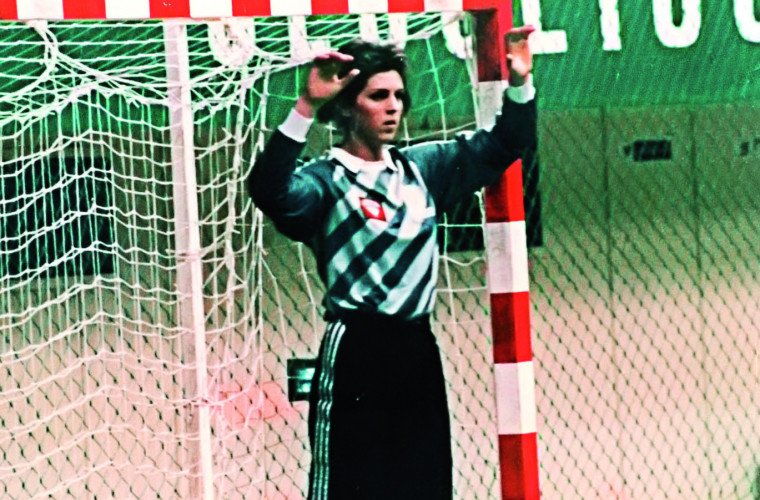
Natalya Rusnachenko was born in 1969 in Tiraspol. She is a trainee of the Tiraspol school №1. Even as a child, Natalya was taller than her age mates, thanks this advantage she ended up in a handball sports class.
After the 9th grade, Natalya was invited to Kiev to study at the sports boarding school, where her professional career continued.
At 19 Natalya Rusnachenko went to the Olympic Games in Seoul. In the national team of the Soviet Union, she defended the gate and became the bronze medalist of the Olympics in handball. The athlete performed at the next two Olympic Games in Barcelona and Atlanta, yet under the flag of Austria.
Andrey Tivonchik, pole vaulting
Atlanta Olympics - 1996, bronze

Andrey Tivonchik was born in Brest in 1970. When he was still a child he moved to Pridnestrovie. Andrew began to engage in athletics when he was 13 years old. The first coach was his uncle, Vladimir Tivonchik, who also prepared the athlete for the Olympic Games.
The athlete`s professional development is closely related to Pridnestrovie: in Tiraspol, he graduated from a sports boarding school, then trained there until 1993. Subsequently, Andrey moved to Germany and was immediately enlisted in the national team of this country., He began to compete for Germany at the 1994 European Championship.
At the Olympics in Atlanta, Andrey Tivonchik won the bronze medal in pole vaulting, setting the Olympic record - 5.92 m.
Andrey Tivonchik's jump at the 1996 Atlanta Olympics
The material was prepared on the basis of information provided by the Deputy Head of the Department for Education, Historical and Cultural Heritage, Youth Policy and Sport of the Presidential Administration for Domestic and Foreign Policy Nikolai Mitsikov and the State Service for Sport. There also were used data from open sources.
Anna Turchenko

